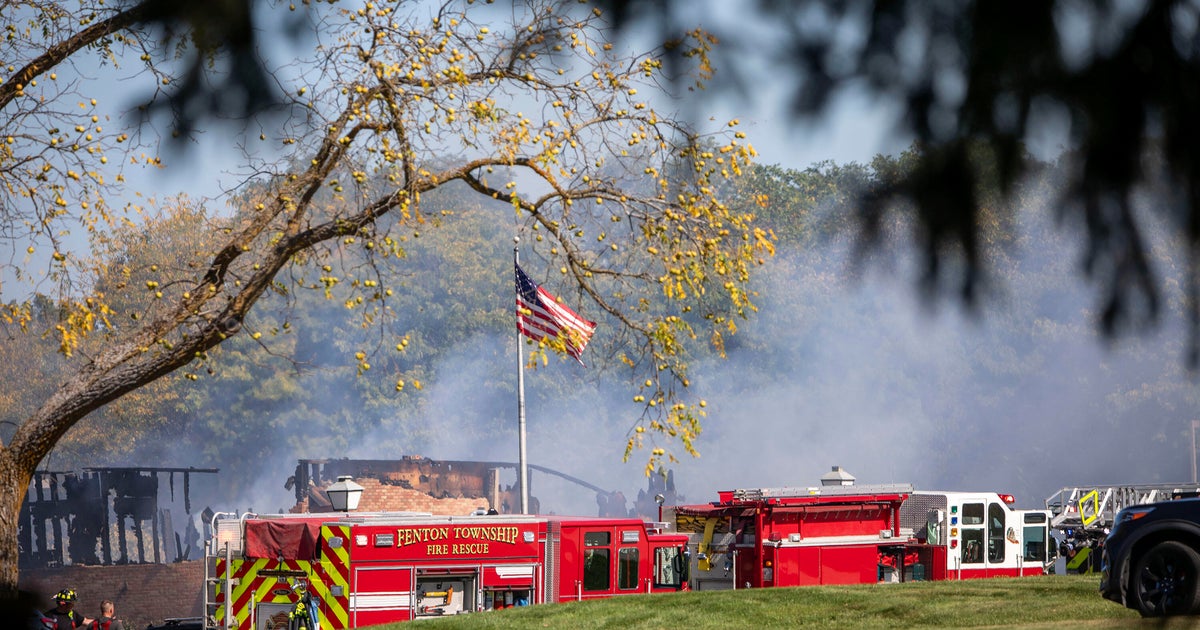The unexpected origins of popular Christmas traditions
Though December 25 is the day Christians celebrate the birth of Jesus Christ, the date itself and several of the customs we've come to associate with Christmas actually evolved from pagan traditions celebrating the winter solstice.
"Christmas is really about bringing out your inner pagan," historian Kenneth C. Davis told "CBS This Morning." According to Davis, Christmas was celebrated as early as the fourth century, suggesting that it had almost nothing to do with Jesus Christ.
"In ancient Rome there was a feast called Saturnalia that celebrated the solstice. What is the solstice? It's the day that the sun starts coming back, the days start getting longer. And most of the traditions that we have that relate to Christmas relate to the solstice, which was celebrated in ancient Rome on December 25. So when Christianity became the official religion in a sense, in Rome, they were able to fix this date. ... There's a little discrepancy about it but there's no question that the fact that it was celebrated in Rome as an important day with gift giving, candle lighting, and singing and decorating houses really cemented Christmas as December 25."
Another custom we can thank the pagans for? Christmas trees. Davis explained that the evergreen trees signaled the "return of life" and "light" as the winter solstice meant the days were starting to get longer.
"They started to hang an apple on it, so little red balls on green trees — get the picture here? ... So all of these things celebrate the idea that life and light are coming back into the world, which is essentially what Christmas means to Christians around the world."
Mistletoe, though, that was started by the Druids, who believed it was an all-powerful healing item from the sacred oak tree.
"If you met someone in the forest you gave them the sign of peace under the mistletoe so people started to hang mistletoe above their doorways as a symbol of peace. This was such a powerful symbol of paganism that English churches actually banned the use of it," Davis said.
Davis also pointed out that the very first instance of a "war on Christmas" actually dates back to the Puritans in the mid-17th century.
"They knew all of these things, the date, the traditions, were pagan ideas. The Puritans banned Christmas for 20 years in America before the celebration became just too popular."





